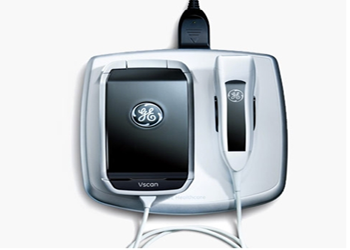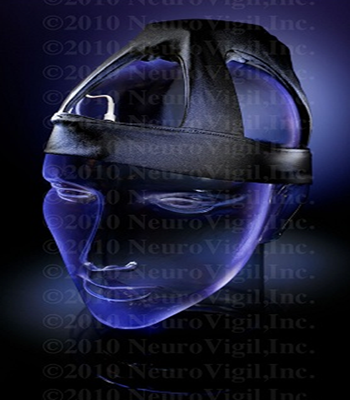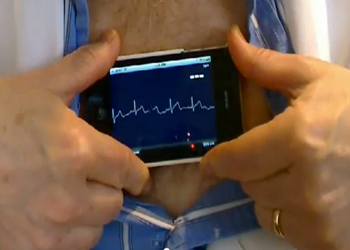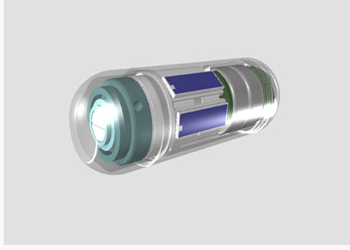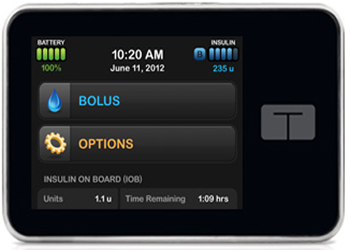Five Breakthrough Medical Technologies that Evoke Just One Reaction: Wow
March 4, 2013

The healthcare industry is undergoing a convulsive change. Such a time is always ripe for disruptive new technology that addresses big problems in new, innovative and affordable ways.
Here are five medical devices and their makers that are transforming healthcare:
|
The Vscan portable ultrasound device |
GE Healthcare and its V-Scan Ultrasound
Ultrasound is crucial to determining the health of a fetus, besides having myriad other clinical applications. But for many parts of the world, access to ultrasound is difficult. These machines are inordinately expensive, especially for rural hospitals overseas
That led GE to create the Vscan, a hand-held portable ultrasound that can be used for abdominal, urological, cardiac, obstetric and pediatric scanning. The device looks like the flip cellphones that were all the rage before smartphones came along.
You can buy it here for $7,900, a fraction of larger, ultrasound machines.
|
NeuroVigils's Ibrain monitor |
NeuroVigil’s iBrain Headband
Pharma companies are spending untold millions in developing drugs for epilepsy, autism, depression and other brain and nervous system disorders.
What would aid in the drug development is a tool by which they can track changes to a person’s brain or neurological condition after they have taken medication. That’s where iBrain comes in.
NeuroVigil's device is a portable, single channel EEG-recording device that pharmaceutical companies can use to analyze drug efficacy. It can also be used to screen for biomarker data indicating brain and nervous disorders.
The product is worn during sleep and is intended for patients suffering depression, sleep apneal and autism.
|
The AliveCor ECG Monitor |
AliveCor's Mobile Heart Monitor
AliveCor’s Heart Monitor is in a class on its own in terms of coolness.
The company has developed a device that snaps on to the back of an iPhone 4 and iPhone 4S and together with a related app can perform clinical quality ECGs. The Food and Drug Administration recently approved it.
Even prior to its approval, digital health proselytizer and prominent cardiologist Eric Topol used the device on a patient in distress in a flight and asked the pilot to land the plane. The traveler was suffering a heart attack that the device correctly diagnosed.
|
|
Check-Cap’s Colorectal Screening Capsule
Colon cancer screening typically involves a colonoscopy, which though is the gold standard in monitoring colon health, is a deeply invasive, uncomfortable procedure.
It involves a flexible-tipped tube passed through the anus that can take images of the colon.
To reduce the discomfort felt by patients, Israeli company Check-Cap has devised a capsule that is the size of the standard pill, but it is actually a X-ray radar device that transmits images of the colon to a receiver. The capsule, unlike in traditional colonoscopy, does not require colon prep. The capsule is excreted within 48 hours. The product is not available yet.
|
The T:Slim Insulin Pump |
Tandem Diabetes’s T:Slim Insulin Pump
Is there any reason for an insulin pump to look like a pager and need batteries to hold charge? Why can’t it look more like an iPhone and have a micro USB port for data transfer.
That’s the mentality that drove the creation of Tandem Diabetes’ t:slim insulin delivery system, the first touch-screen insulin pump that has been approved by the Food and Drug Administration. The device can transfer data using a micro USB data port to the related t:connect software.
These are examples that I chose to demonstrate the innovations in the medical technology world. Name your picks in the comments section, tweet them to aparmarbb or email them to [email protected]
- Arundhati Parmar, Senior Editor, MD+DI
--
Related Content
Exactly What Medical Device Innovation Are You Talking About?
You May Also Like
